overleaf template galleryLaTeX templates and examples — Recent
Discover LaTeX templates and examples to help with everything from writing a journal article to using a specific LaTeX package.
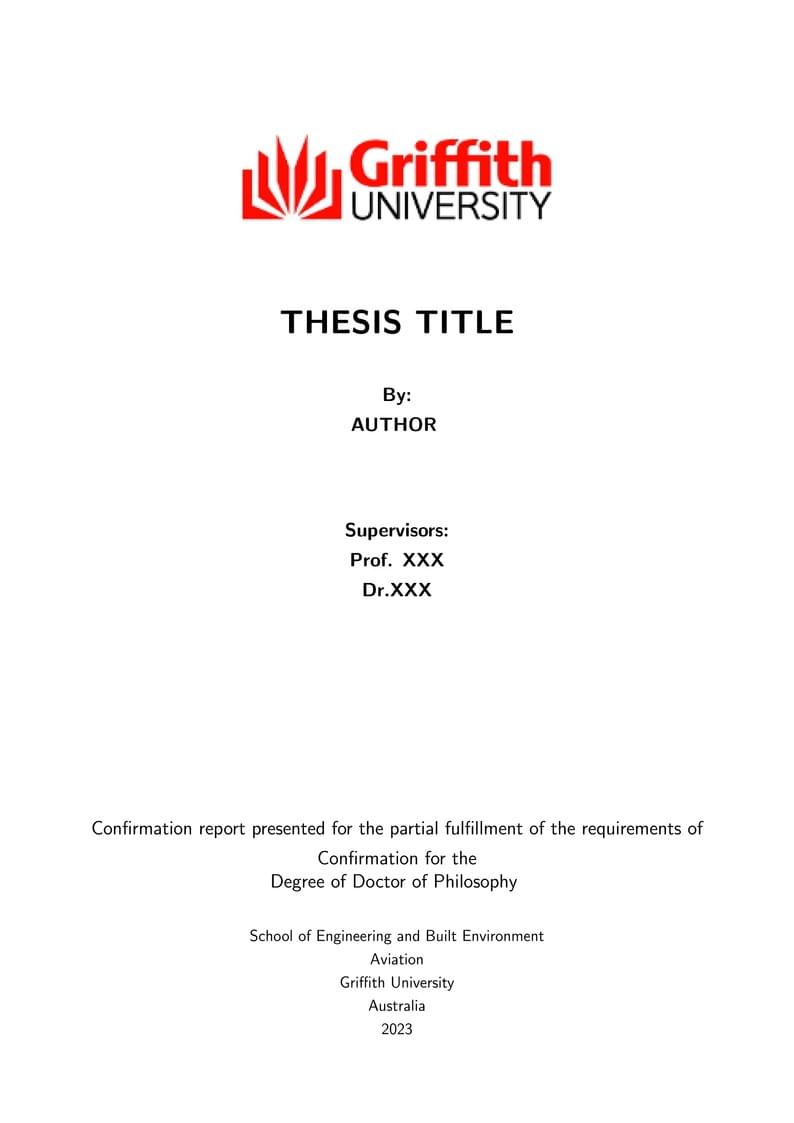
Template for Griffith University students writing their HDR thesis
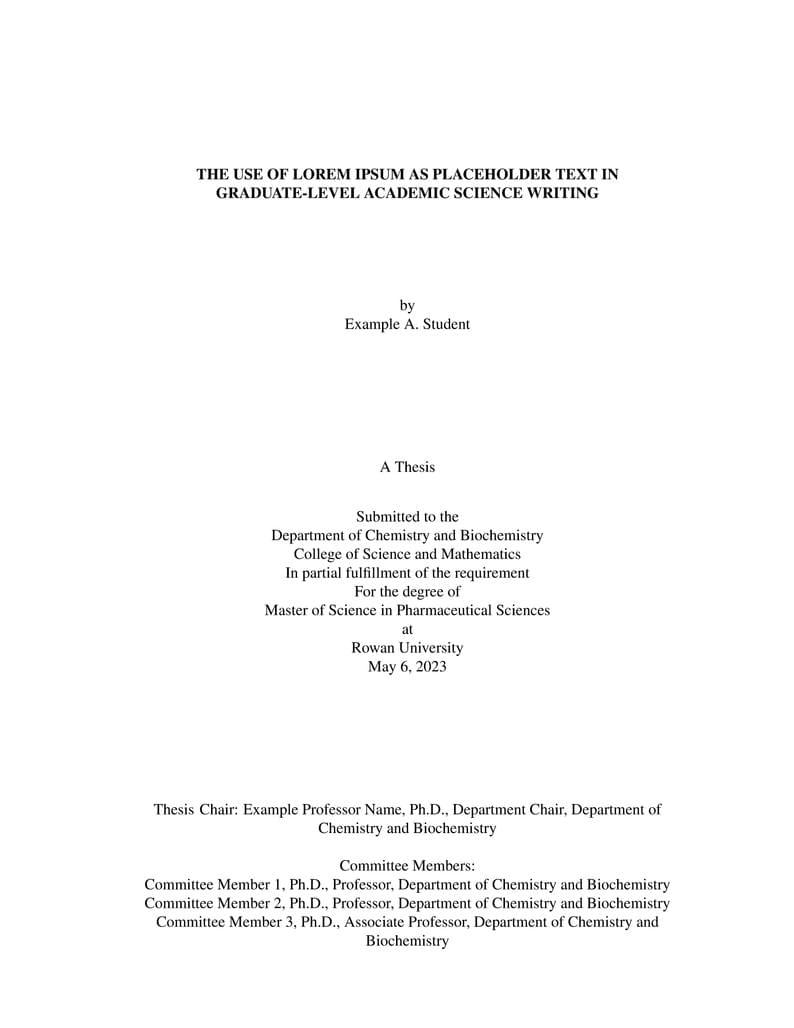
A template for Rowan University thesis and dissertation documents. The Rowan School of Graduate Studies is able to make minor changes to this template. If you find an issue and a solution for that issue, please reach out to Graduate Research Services at graduateresearch@rowan.edu -- your help is greatly appreciated! Last updated 7/23.
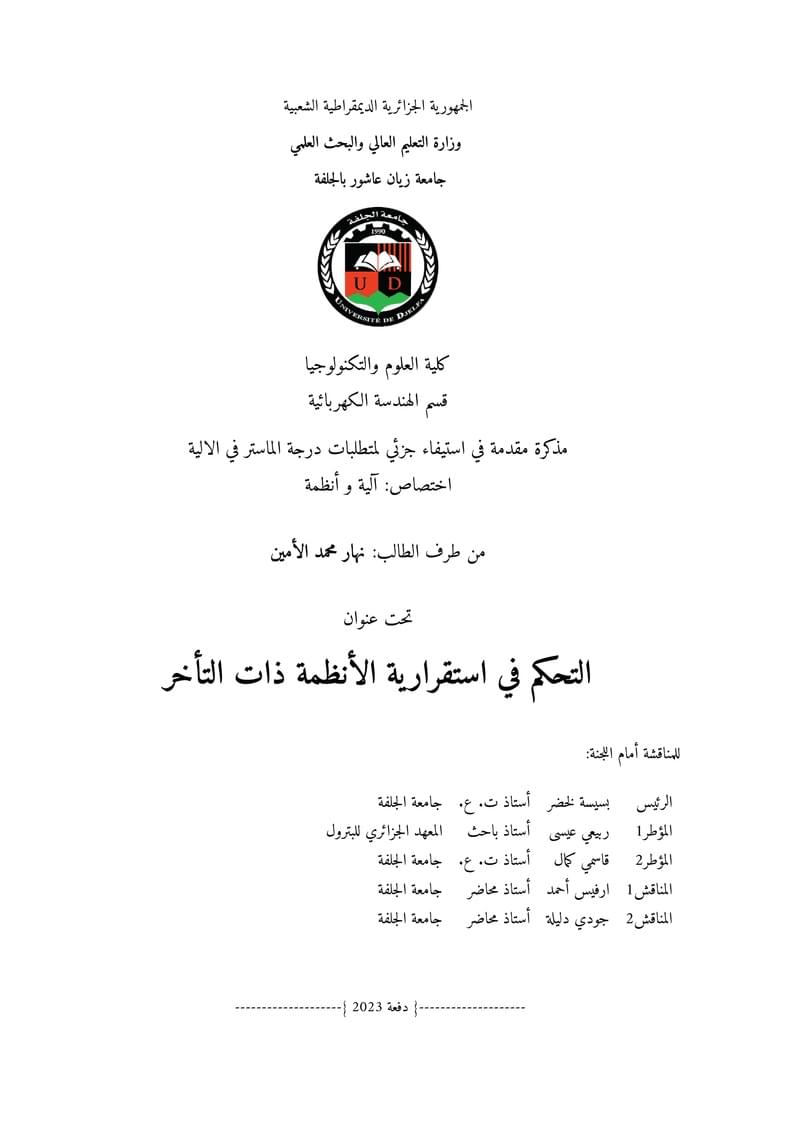
A template for Master/PhD Arabic manuscripts
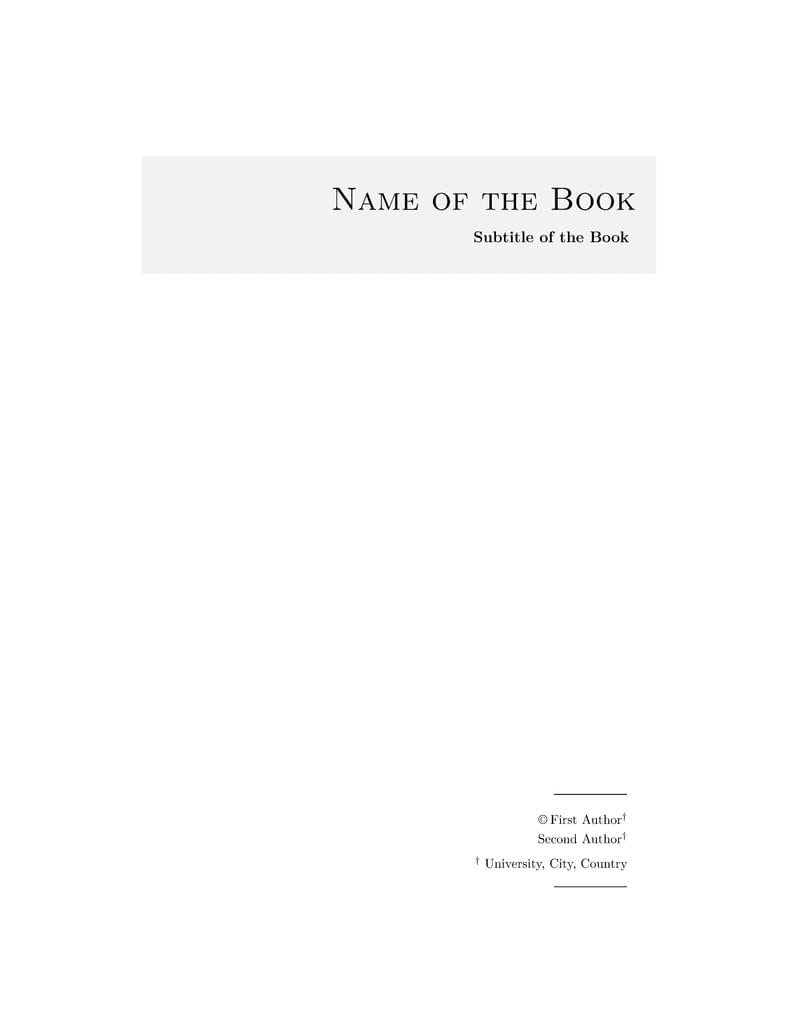
The "Preprint Book Manuscript Template" is a LaTeX document template designed to assist authors in preparing professional and aesthetically pleasing book manuscripts for preprints or draft versions. This template is ideal for researchers, academics, and authors who want to share their work in a book format with a professional touch.
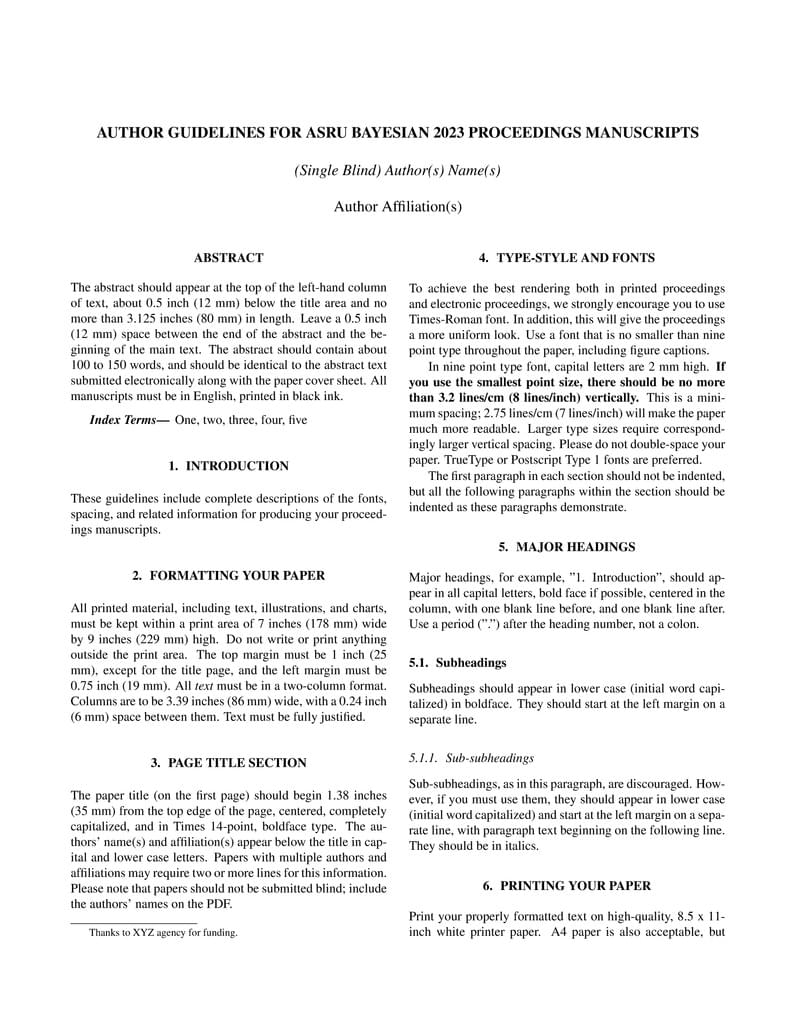
IEEE ASRU 23 Bayesian Symposium LaTeX Template https://rickyen1011.github.io/bayesian-learning/
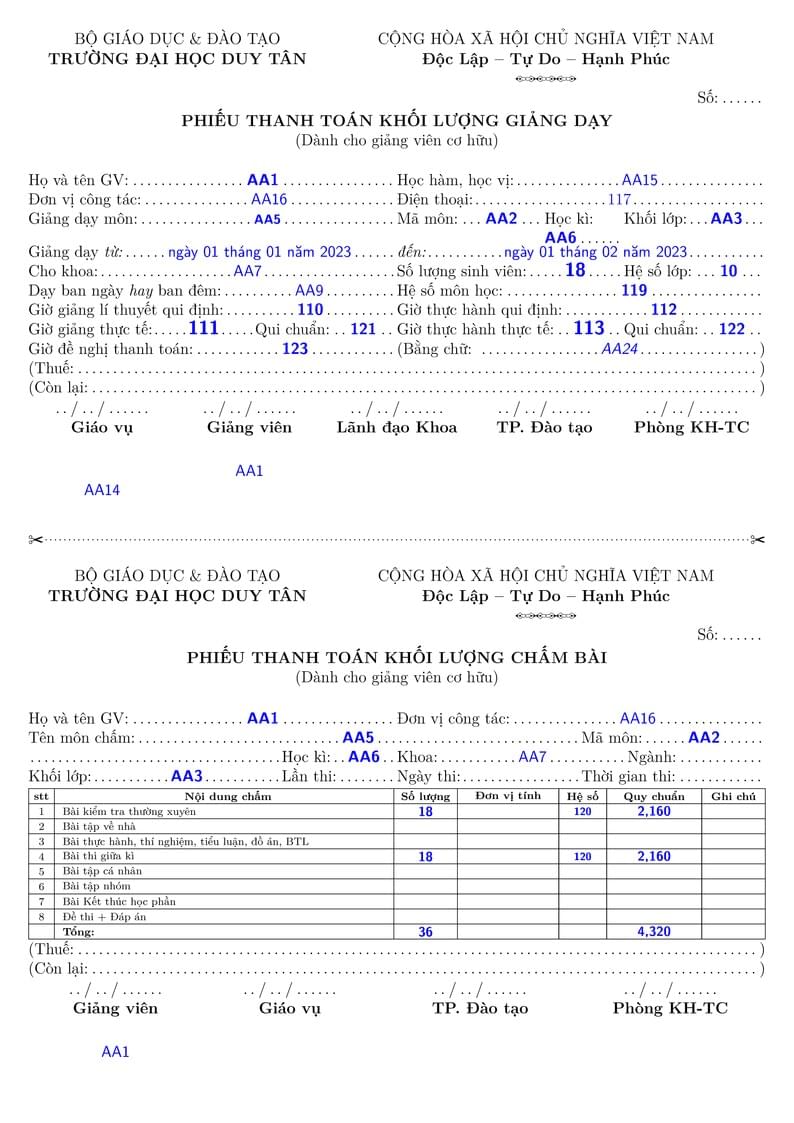
mẫu thống kê khối lượng giảng dạy, Đại học Duy Tân, Việt Nam
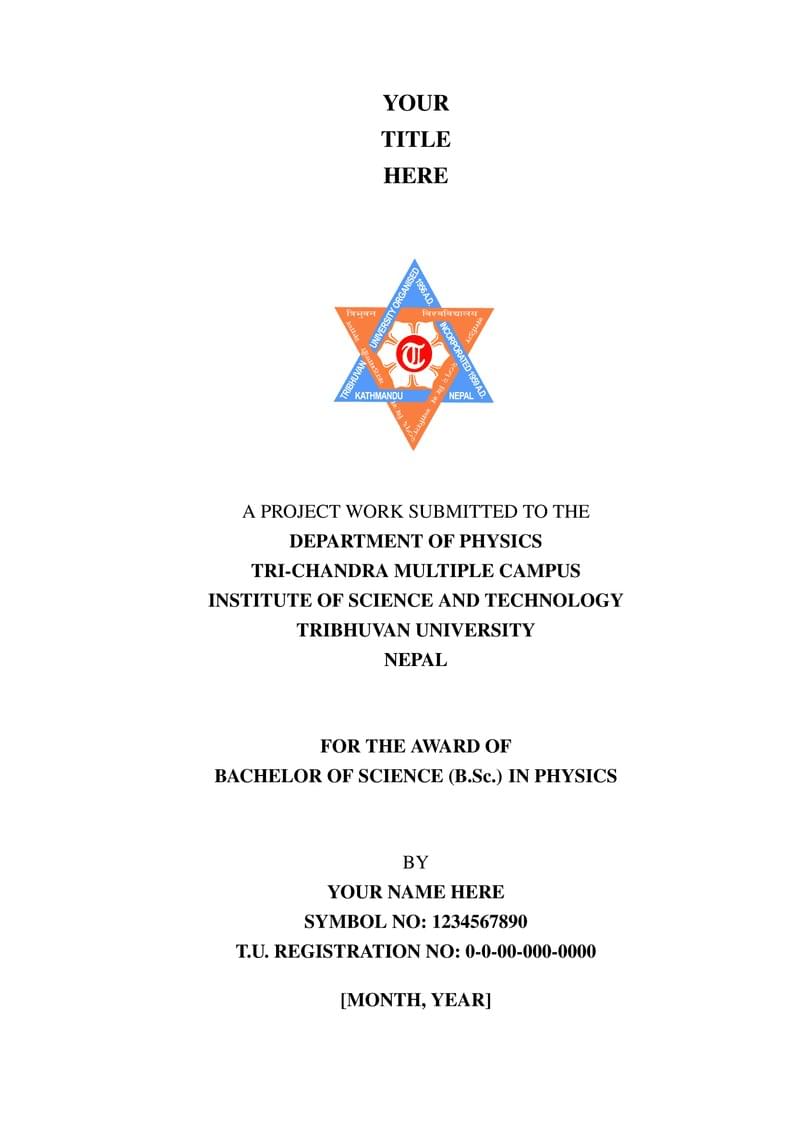
This template is for Bachelor's Project work from Tribhuwan University. It contains fonts, margins, structures, content, bibliography, naming conventions and title page as per TU guidelines.
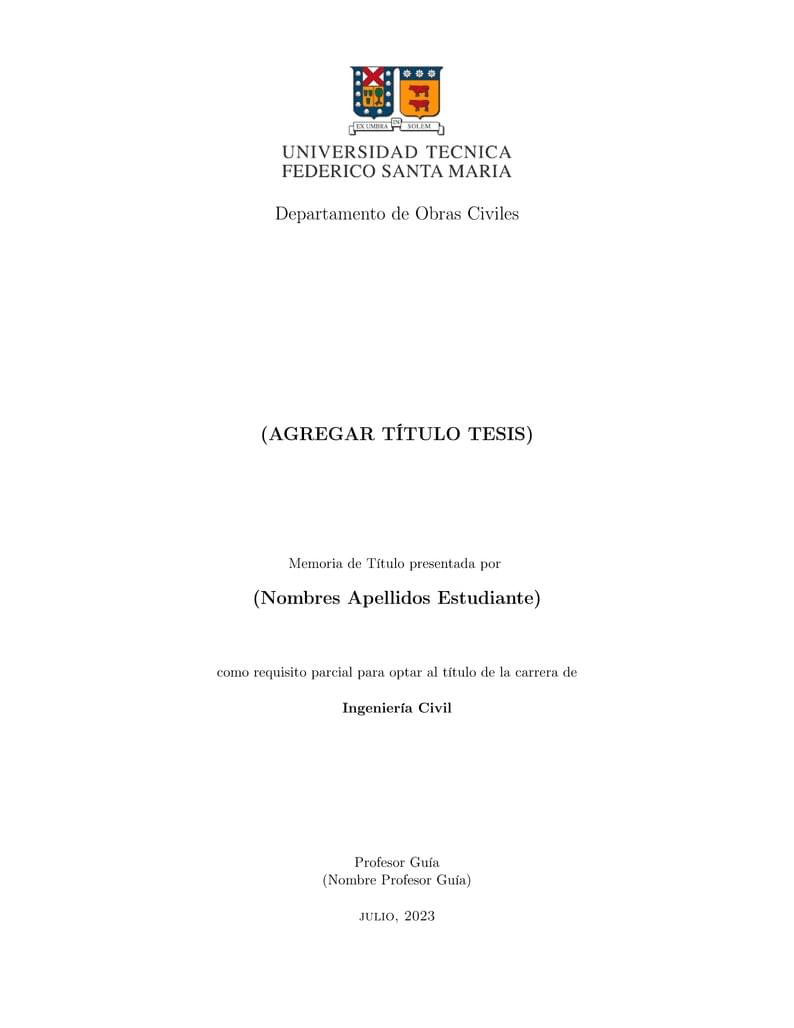
Template para escribir memoria de titulación de Ingeniería Civil del Departamento de Obras Civiles, Universidad Técnica Federico Santa María (Chile). Mayor información se encuentra en la página web: http://www.obrasciviles.usm.cl/alumnos/memorias/archivos-para-memoristas/
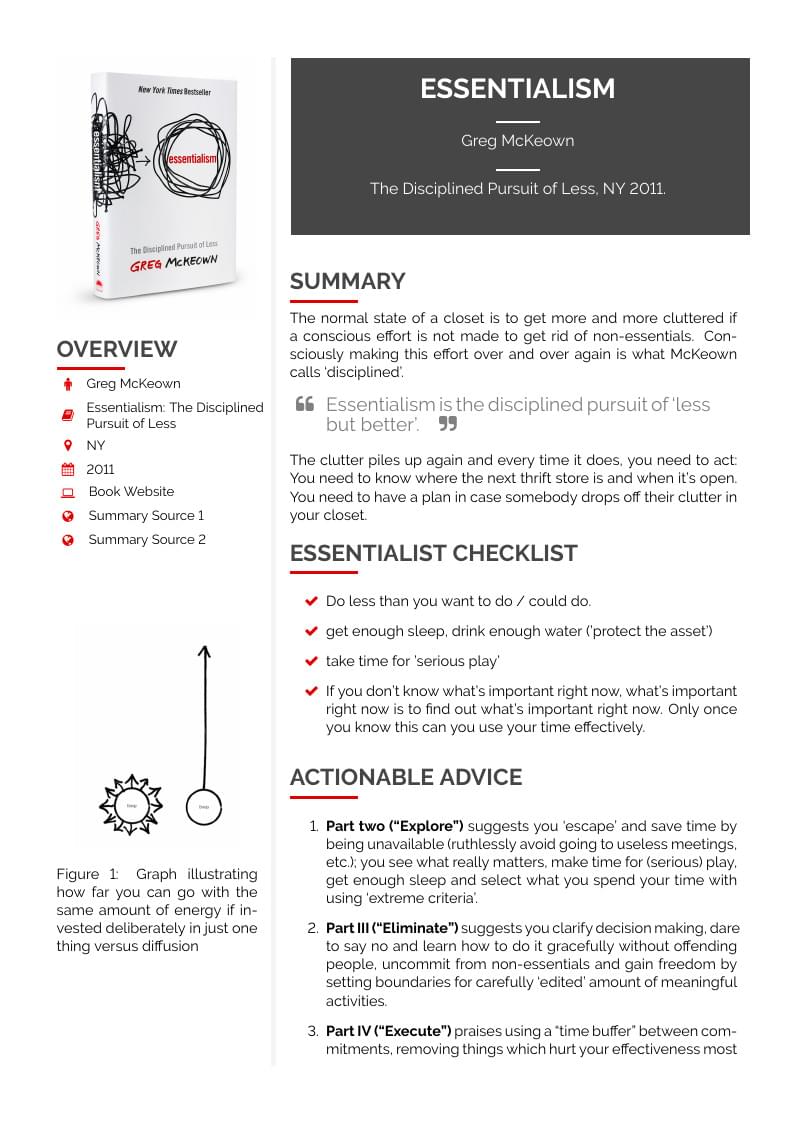
This is a template for book summaries, inspired by Jan Küster's Left Sidebar CV. The github is here. This is a blogpost which goes with it.
\begin
Discover why over 25 million people worldwide trust Overleaf with their work.